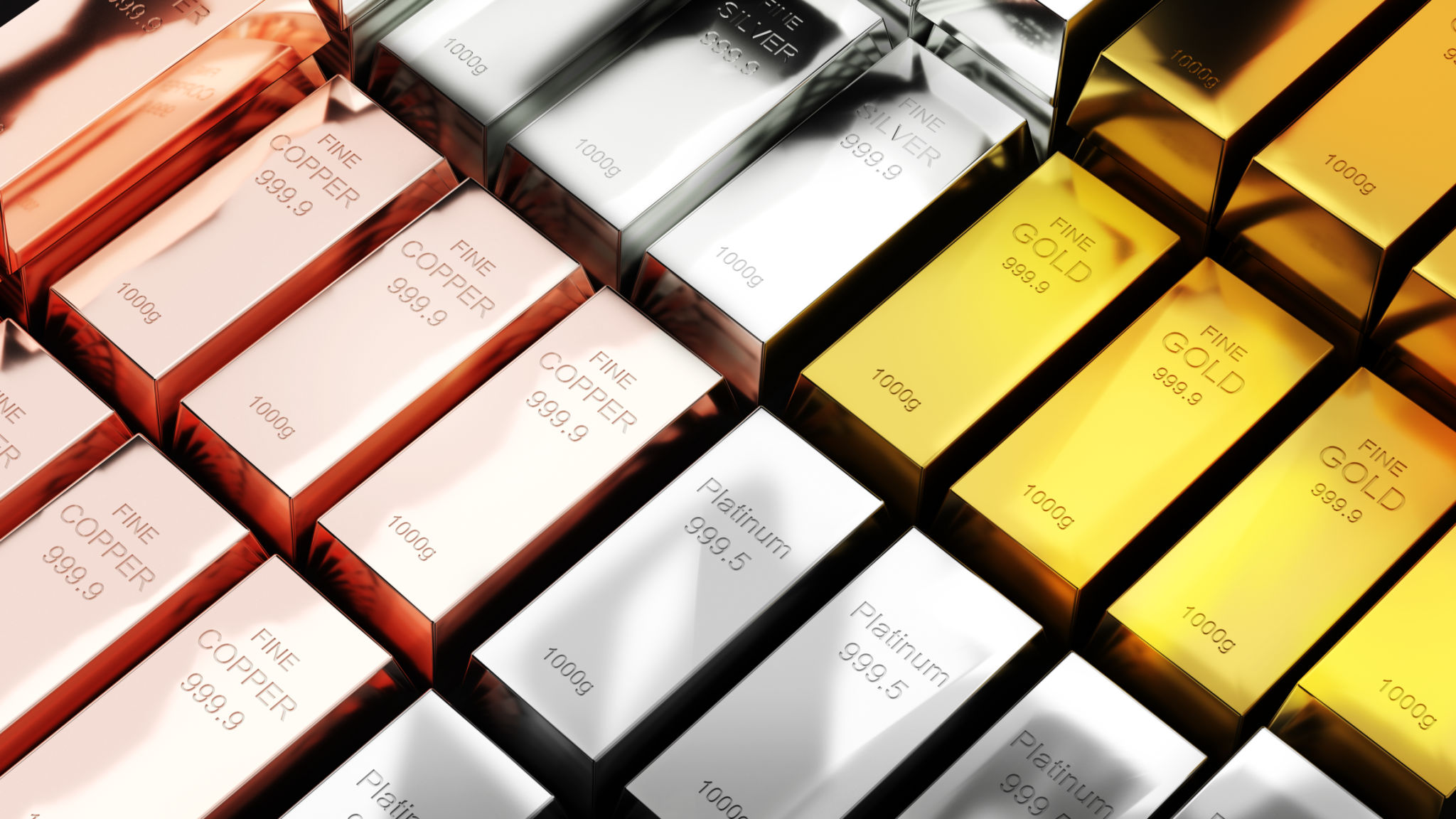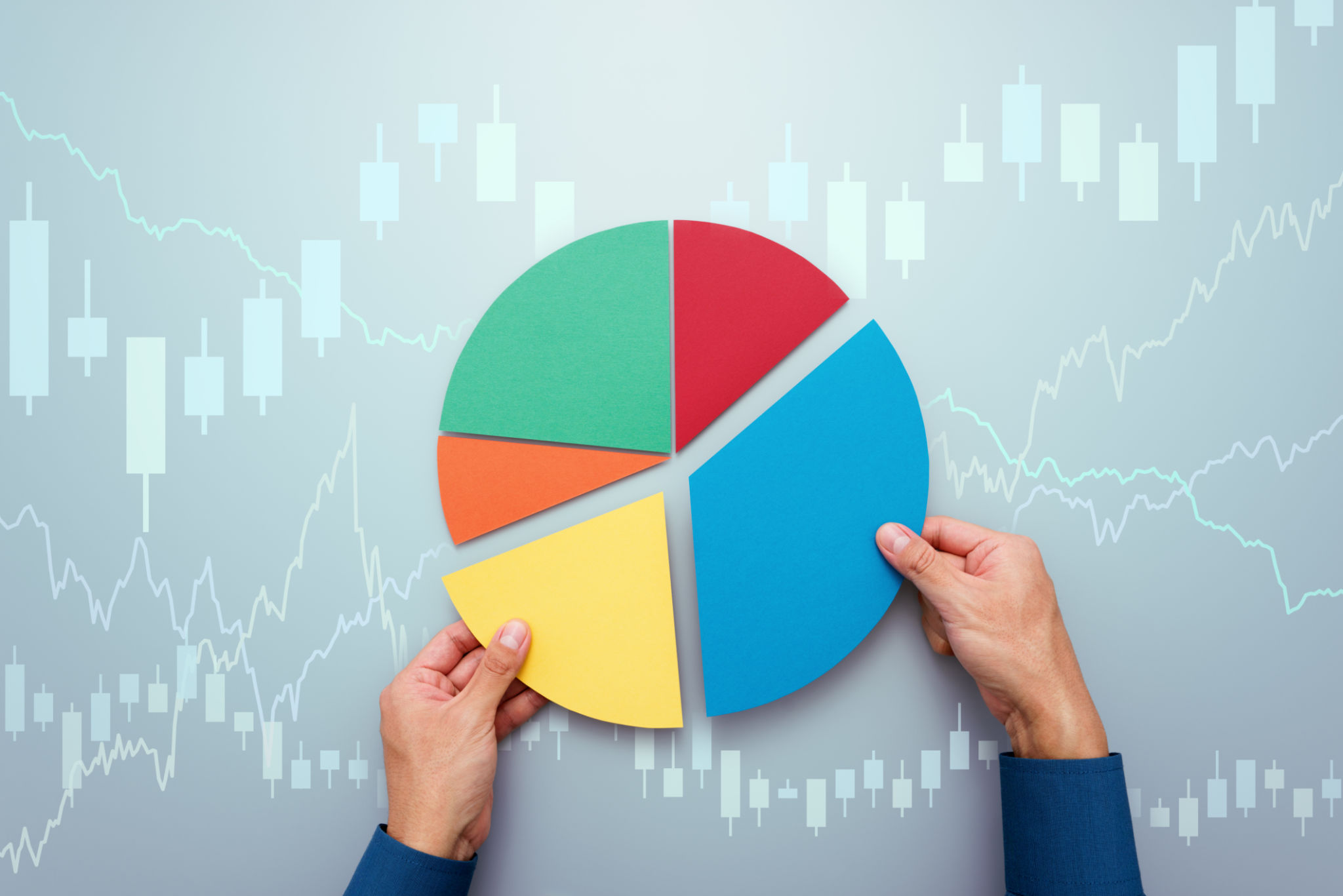Seasonal Investment Strategies: Maximizing Precious Metals During Economic Fluctuations
Understanding Seasonal Investment Strategies
Investing in precious metals can be an effective strategy to safeguard your portfolio during economic fluctuations. Unlike other assets, precious metals like gold, silver, and platinum tend to maintain their value or even appreciate when markets are volatile. By understanding and implementing seasonal investment strategies, investors can maximize their returns while minimizing risks.

The Impact of Economic Cycles on Precious Metals
Economic cycles have a significant impact on the performance of precious metals. During periods of economic growth, industrial demand for metals like silver and platinum often increases, pushing their prices upward. Conversely, during economic downturns, investors typically seek safe-haven assets, driving up the demand for gold. Recognizing these patterns can help investors time their investments more effectively.
One crucial factor influencing these cycles is inflation. Precious metals are historically known as a hedge against inflation. When inflation rates rise, the purchasing power of currency falls, making tangible assets like gold and silver more attractive. Understanding how inflation interacts with economic cycles is essential for forming a robust investment strategy.
Timing Your Investments
Timing is everything when it comes to investing in precious metals. While it is impossible to predict market movements perfectly, investors can use historical data to make informed decisions. For example, gold prices often rise in the late summer and early fall due to increased jewelry demand during festivals and wedding seasons in countries like India and China.

Similarly, the demand for silver tends to increase during the winter months due to its industrial applications in electronics and solar panels. By analyzing these seasonal trends, investors can better time their entries and exits to maximize profits.
Diversification and Risk Management
Another key aspect of seasonal investment strategies is diversification. Diversifying your portfolio across different types of precious metals can mitigate risks associated with market fluctuations. Each metal responds differently to economic changes, offering a balanced approach to investing.
- Gold: Often considered a safe haven during economic instability.
- Silver: Benefits from both industrial demand and its role as a store of value.
- Platinum: Driven by industrial uses, particularly in automotive manufacturing.

Monitoring Global Economic Indicators
Staying informed about global economic indicators is essential for maximizing returns from precious metals investments. Indicators such as GDP growth rates, interest rates, and geopolitical tensions all influence the demand for these assets. By keeping an eye on these metrics, investors can anticipate potential shifts in the market and adjust their strategies accordingly.
Moreover, understanding the influence of central banks on precious metal prices is crucial. Central banks hold significant reserves of gold and their buying or selling activities can cause substantial price movements. Monitoring these activities can provide valuable insights into future trends in the precious metals market.
Long-Term Investment vs. Short-Term Trading
Investors need to decide whether they are pursuing long-term investments or short-term trading strategies. Long-term investments in precious metals are generally less risky and offer stable returns over time. On the other hand, short-term trading requires a more hands-on approach and a deep understanding of market dynamics to profit from price fluctuations.
Ultimately, the choice between long-term and short-term strategies depends on individual risk tolerance and investment goals. By aligning your strategy with your financial objectives, you can make more informed decisions and enhance your investment outcomes in the realm of precious metals.
